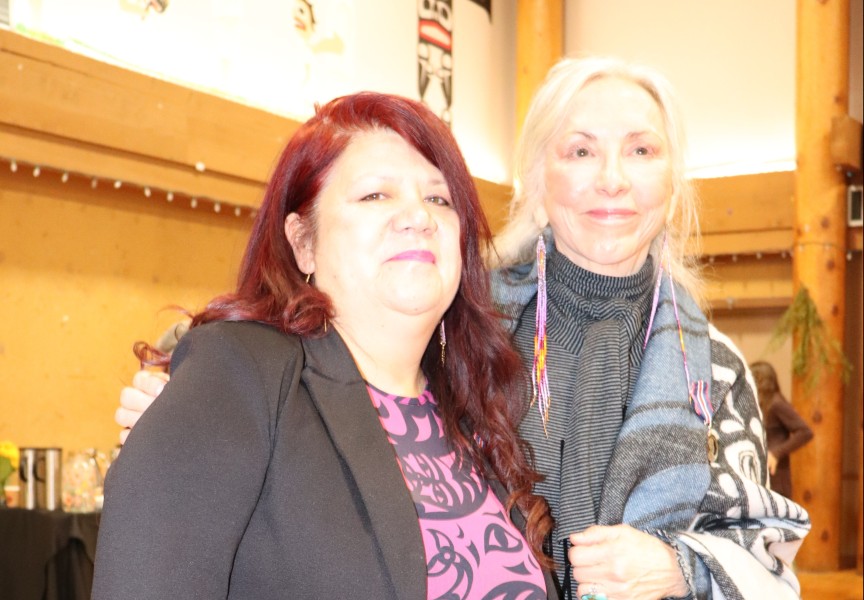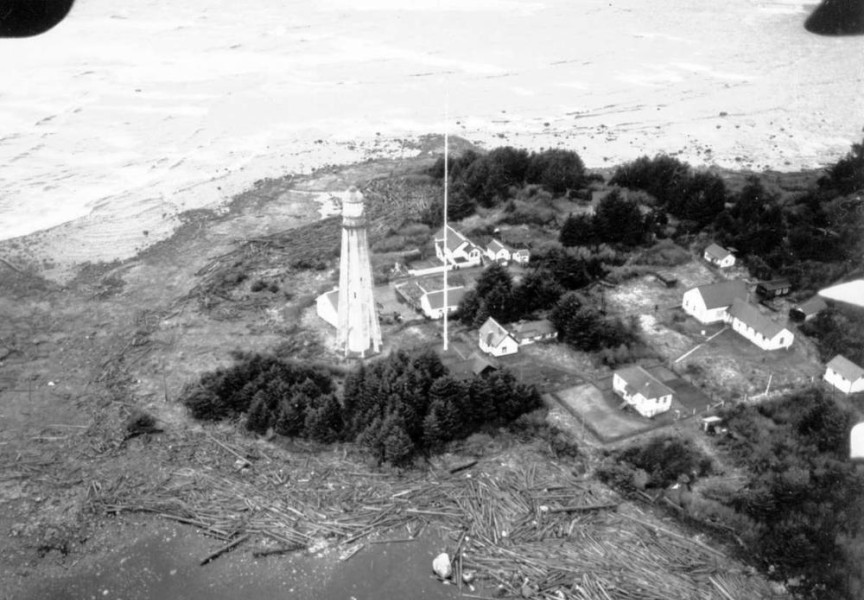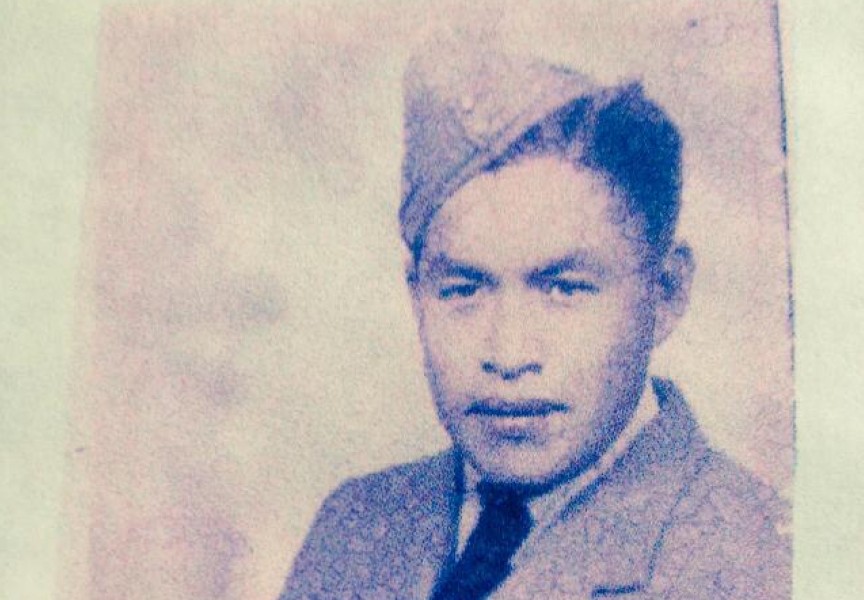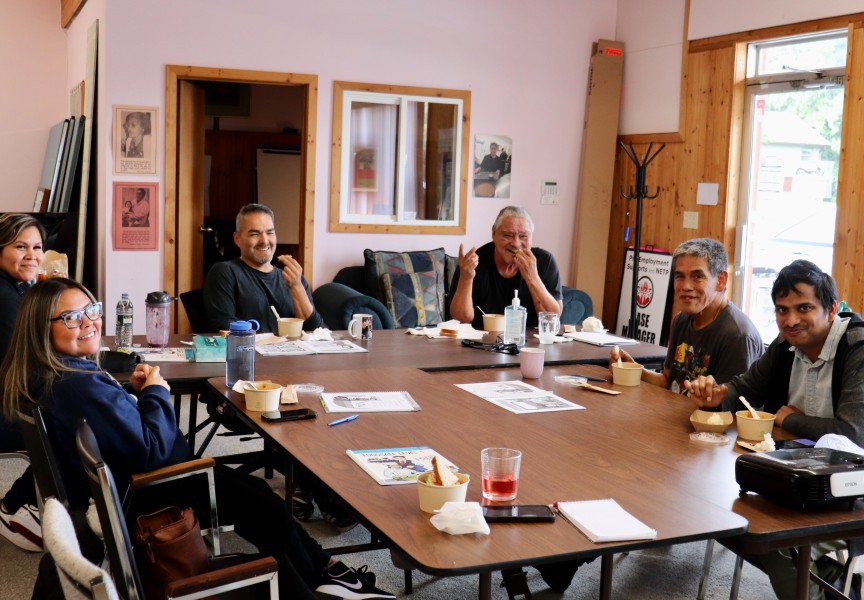Canada has a duty to consult with First Nations before it ratifies the Canada-China Foreign Investment Promotion and Protection Agreement, Hupacasath First Nation lawyer Mark Underhill said June 5.
Underhill outlined Hupacasath’s position on the first of a three-day hearing at the Canadian Federal Courthouse in Vancouver, an initiative taken by the nation to halt FIPPA. The tiny First Nation community is the last remaining obstacle Canada faces to the agreement.
Some photos from the rally outside the courthouse at: http://www.hashilthsa.com/gallery/rally-against-fippa
"This is about whether or not Canada has to consult with First Nations before entering into an international treaty," Underhill said. "We think it will have an impact, and the law says that if there is an impact on rights, including treaty rights, then the government has to consult."
Consultation with First Nations about international agreements isn't an anomaly, Underhill said. Such arrangements can be found in modern treaties, such as the Maa-nulth and the Tsawwassen treaties, he said. Having said this, however, even those groups haven't been consulted about the Canada-China FIPPA.
"The federal position will be that there has been no consultation because there has been no change to domestic laws," he said.
Under modern land claim agreements, Canada has the duty to consult with First Nations before entering into international obligations.
"Before you make us comply we have to know what you want us to comply with," Underhill said.
As well, Canada does this from the premise that they know they can be sued by an investor nation through tribunal measures if a claim comes up later, he said.
"Canada acts differently towards First Nations when it comes to accommodating rights," Underhill said. "That new variable in the mix triggers a duty to consult." Underhill cited the Haida decision, which set out that there is an obligation to consult with First Nations when rights are impacted.
There are considerations with respect to the Hupacasath's participation in the treaty process, Underhill said. The Hupacasath have taken a break in negotiations, but left off at Stage Four. If the tribe resumes negotiations, the international treaty may alter discussions. All subnational governments would be bound by this (Canada-China FIPPA)," Underhill said. That is a modification of self-government and this triggers an impact, he said.
Judgments favouring Chinese companies under FIPPA could not be overridden by either the Canadian courts or Canadian law. Canada will be on the hook for the award meted out, but the federal government in turn would claw back the money from the First Nation through some other means to recover if the First Nations decision resulted in the award, Underhill said.
Chief Justice Paul Crampton asked if the tribe just couldn't say no to a development in the Canada-China FIPPA that compromises their rights.
"How would they be in a worse off position," he asked.
Who the tribe said no to could file for damages and compensation through a panel set up to render judgement in such situations, Underhill said.
Underhill cited a North American Free Trade Agreement provision that allows a foreign company to file for damages in countries where it has assets if it feels it was treated in an unfair and discriminatory manner by domestic government legislation.
The Abitibibopwater case is such an example, he said. In the decision, the forestry giant won a $130 million claim that the Canadian federal government had to pay for damages it incurred as the result of Newfoundland and Labrador's expropriation of its assets there. The damages from similar fallouts under other arrangements have even been in the billions of dollars, he added.
Although the agreement had to do with NAFTA, other such agreements share the same language, Undehill said.
Crampton asked if there was broad-based consultation about Canada-China FIPPA and if First Nations were a part of those. "It's clear that First Nations were not given the opportunity to set out their concerns," Underhill said.
Crampton asked if each First Nation would have to be consulted. Overarchng bodies representing several groups could be consulted, Underhill said.
"Hupacasath could be considered as part of that broader process," he explained.
More than 200 people attended a rally to support the Hupacasath outside the courthouse at mid-day June 5. The rally was attended by Nuu-chah-nulth Tribal Council President Cliff Atleo, Vice -President Ken Watts, as well as representatives from the Union of BC Indian Chiefs, LeadNow, the Council of Canadians, and BC Teachers Federation.







